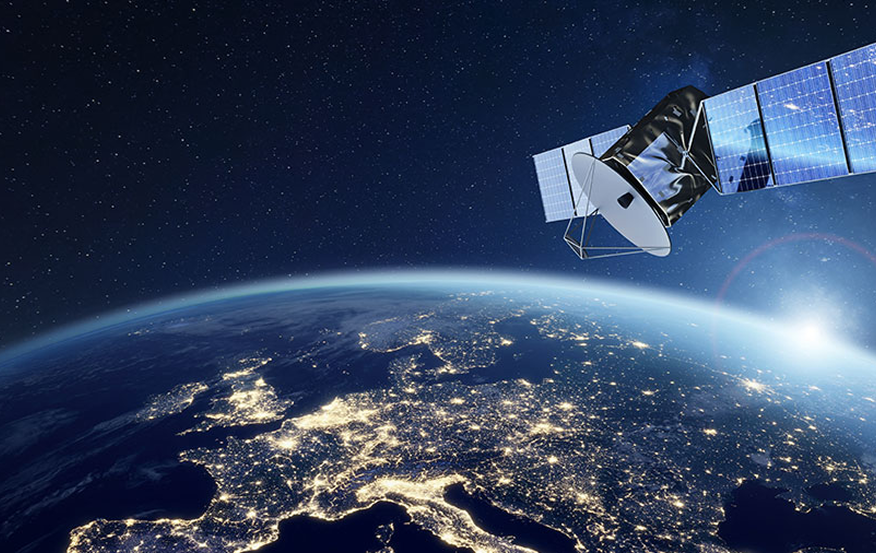The United Kingdom has a long-standing tradition of scientific discovery, innovation, and exploration, and its role in space research is a testament to this legacy. While the UK does not operate a national crewed space program like some other countries, it has made significant contributions to satellite technology, space science, astrophysics, and international collaborations. British researchers, engineers, and companies have played a pivotal role in advancing knowledge of the cosmos, developing technology for both practical applications on Earth and fundamental research beyond our planet.
Advertising
1. Historical Foundations
The UK’s involvement in space research dates back to the mid-20th century, when advances in rocketry, satellite technology, and astronomy created opportunities for scientific exploration. British scientists and engineers contributed to the early development of satellites, instruments for space observation, and international scientific missions. The creation of the British National Space Centre in 1985, later integrated into the UK Space Agency in 2010, consolidated governmental efforts to coordinate research, development, and investment in space technologies.
From early collaborations with European and American space agencies to independent satellite launches, the UK laid the groundwork for a national space research ecosystem. Universities and research institutions across the country became centers of expertise, fostering innovation in satellite engineering, astrophysics, and planetary science.
2. Satellite Technology and Communications
One of the most significant contributions of the UK to space exploration has been in the field of satellite technology. British companies and research institutions have designed and built satellites for communication, Earth observation, and scientific research. These satellites support global telecommunications, weather forecasting, environmental monitoring, and navigation systems.
The UK has also been involved in the development of small satellites, known as microsatellites or nanosatellites, which provide cost-effective solutions for scientific and commercial purposes. Advances in satellite miniaturization, sensors, and propulsion systems have positioned the UK as a leader in innovative space technologies. These satellites not only contribute to scientific research but also have practical applications in industries such as agriculture, urban planning, and disaster management.
3. Participation in European and International Programs
The United Kingdom has actively participated in European and global space programs. The UK is a member of the European Space Agency (ESA), contributing expertise, funding, and technology to multinational missions. British scientists have collaborated on projects related to planetary exploration, space telescopes, and Earth observation satellites.
Collaborative initiatives have allowed UK researchers to access advanced technology and data while contributing to the planning, design, and implementation of major space missions. Partnerships with NASA, ESA, and other international agencies have enhanced the UK’s capacity to conduct cutting-edge research, strengthen scientific networks, and train the next generation of space scientists and engineers.
4. Space Science and Astrophysics
British universities and research institutions are renowned for their work in space science and astrophysics. Researchers study planetary systems, stellar evolution, black holes, and cosmic phenomena using both ground-based observatories and space-borne instruments. British-led projects have contributed to understanding the formation of stars, the behavior of galaxies, and the detection of exoplanets.
Institutions such as the University of Cambridge, University of Oxford, University College London, and the University of Edinburgh have pioneered research in theoretical and observational astronomy. This research not only advances fundamental knowledge but also informs technological developments in optics, sensors, and data analysis techniques that are critical for space exploration.
5. Satellite Navigation and Earth Observation
The UK has played a key role in the development of satellite navigation systems, contributing to projects such as the European Galileo program. Accurate satellite positioning and navigation technologies support transportation, defense, agriculture, and emergency response, demonstrating the practical applications of space research.
Earth observation satellites developed with UK expertise monitor environmental changes, track climate patterns, and provide data for scientific research. These satellites allow the UK and its international partners to study phenomena such as deforestation, urbanization, sea level rise, and natural disasters. The insights gained from Earth observation contribute not only to scientific understanding but also to policy-making and sustainable development efforts.
6. Innovation in Space Industry and Technology
The UK space sector is characterized by a strong emphasis on innovation, entrepreneurship, and commercial applications. British companies develop advanced components for satellites, spacecraft, propulsion systems, and sensors. Innovation in materials science, electronics, and software has enabled the creation of smaller, more efficient, and cost-effective space technologies.
